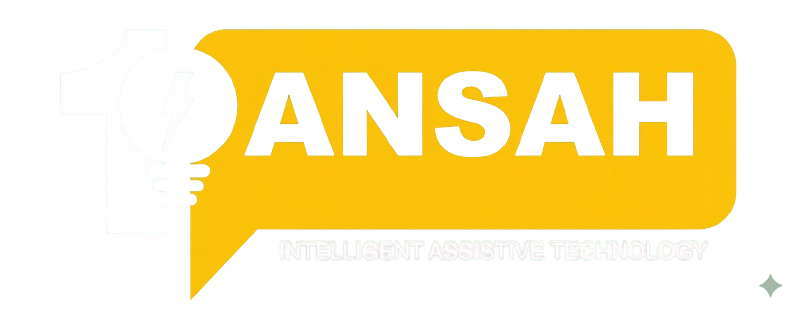Since 2013, job postings for “full-stack developer” have dropped by 17%—and guess who’s replacing them?
Specialization overtakes generalization in software roles
Remember when every startup needed a single coder who could design the UI, build the backend, and manage servers? That era peaked around 2015. Today, projects demand deep expertise in discrete domains. Companies are trading T-shaped generalists for I-shaped specialists who own one layer end to end. This shift isn’t a fad—it’s a response to increasingly complex architectures, stringent security requirements, and faster release cycles.
In fact, a recent StackOverflow survey found that 62% of engineering teams now prefer role-specific hires over broad skill sets. What does that tell us? As tech stacks fragment into microservices, container orchestration, and AI pipelines, mastering everything becomes nearly impossible. Instead, firms hire DevOps engineers to automate deployments, AI specialists to fine-tune models, and platform engineers to build internal developer platforms.
And as one door closes for the “jack-of-all-trades,” several new ones swing wide open.
Spotlight on the rising specialists
DevOps engineers: bridging code and operations
DevOps was born from frustration: developers waiting on ops to provision servers, ops teams dealing with untested code. Now, certified DevOps engineers handle CI/CD pipelines, infrastructure as code, and real-time monitoring. According to the 2022 DevOps Report by Puppet, high-performing teams deploy 208 times more frequently with 106 times shorter lead times.
AI specialists: the data pipelines and model maestros
As AI moves from research labs to production, organizations need experts who understand data wrangling, model training, and bias mitigation. Glassdoor data shows AI specialist roles surged by 80% in the last five years, with an average salary of $130,000. These professionals architect data lakes, deploy models in Kubernetes, and monitor drift—tasks beyond the scope of a one-person full-stack team.
Platform engineers: the new infrastructure guardians
Platform engineering emerged to streamline developer workflows. Instead of configuring Kubernetes clusters on demand, developers push code to a self-service platform. Platform engineers build these internal developer portals, manage service meshes, and enforce compliance. Gartner predicts that by 2025, 50% of large organizations will adopt platform engineering as a standard practice.
Together, these roles form a trifecta that dismantles the myth of the all-purpose developer.
Numbers don’t lie: industry data on role evolution
Let’s put some hard figures on this transformation. The table below captures job posting trends and salary shifts for four key roles between 2013 and 2023.
| Role | Job postings change (2013–2023) |
Average salary (2023) |
|---|---|---|
| Full-stack developer | -17% | $100,000 |
| DevOps engineer | +65% | $115,000 |
| AI specialist | +80% | $130,000 |
| Platform engineer | +70% | $120,000 |
Source: LinkedIn Talent Insights 2023; Glassdoor salary data; Puppet 2022 DevOps Report.
Charting your path forward in an era of deep expertise
If you’re a developer feeling the squeeze, here’s a roadmap to thrive amid specialization:
- Audit your interests. Which layer excites you—CI/CD pipelines, model training, or platform design?
- Pursue targeted certifications. AWS DevOps Pro, Google Professional ML Engineer, or CNCF Kubernetes are gateways to new roles.
- Contribute to niche open-source. Writing Terraform modules or sharing ML preprocessing scripts builds credibility fast.
- Network in focused communities. Join Kubernetes Slack channels, AI Meetups, or DevOpsDays for insights and mentorship.
- Build a portfolio. Showcase a small end-to-end CI pipeline, an AI model demo, or a self-service platform prototype on GitHub.
By zeroing in on one domain, you’ll deliver deeper impact—and demand higher compensation—than a broad generalist. The transition feels steep, but employers reward measurable expertise.
Looking ahead: become the specialist tomorrow’s teams crave
The full-stack developer isn’t disappearing overnight, but the trend is clear. Companies need airtight security, reliable automations, and performant AI pipelines—demands full-stackers can’t meet alone. Embrace specialization, invest in continuous learning, and cultivate community ties. Your next career leap lies not in knowing every layer, but in mastering one. Ready to pick your lane—and leave “full-stack” in the rearview?

